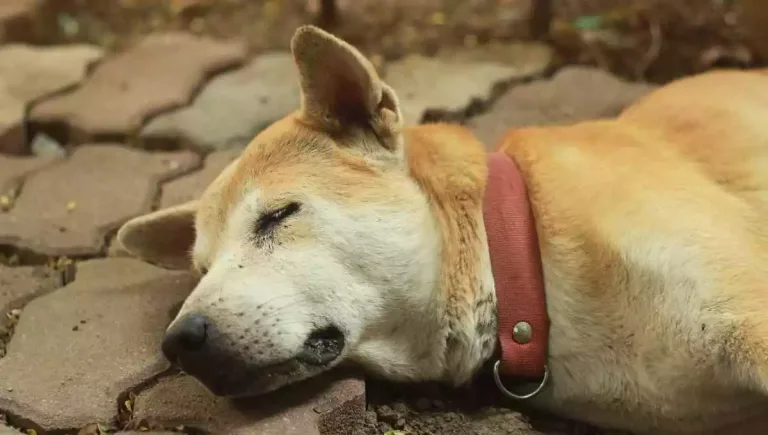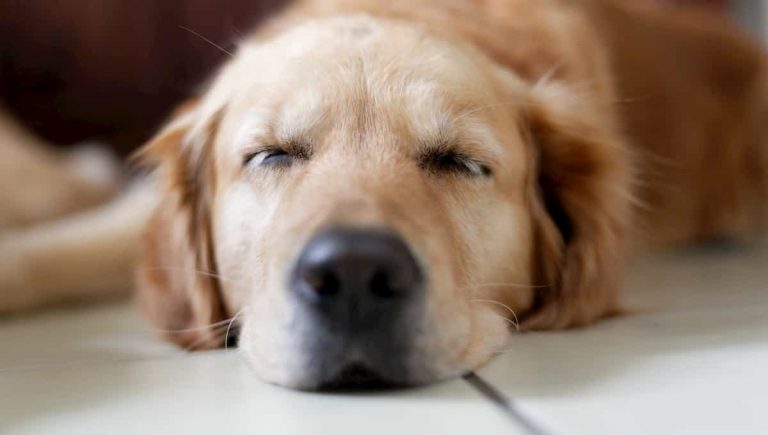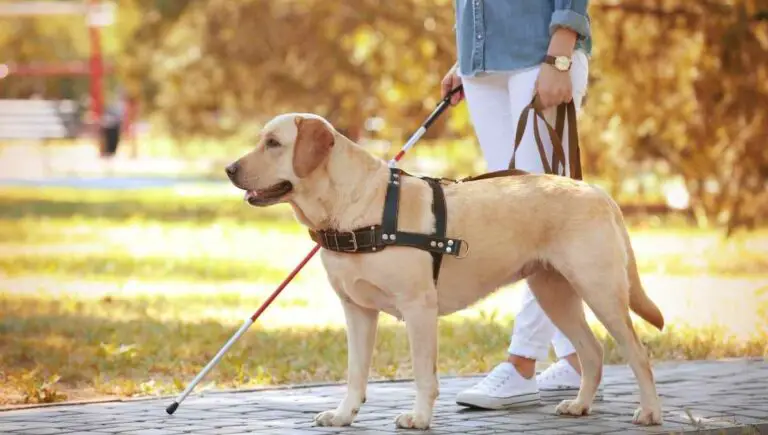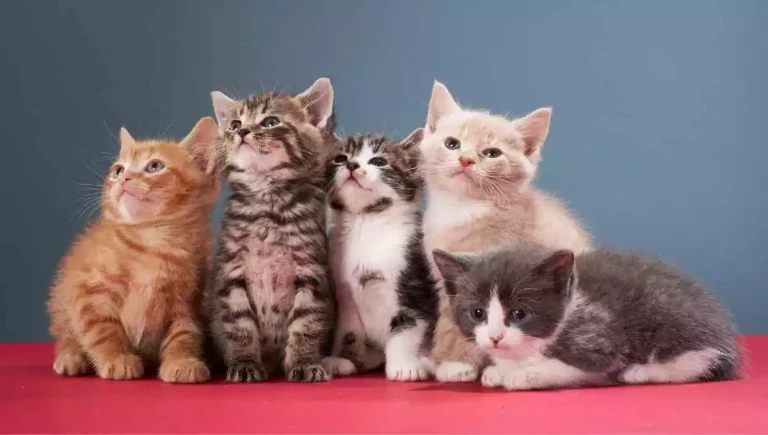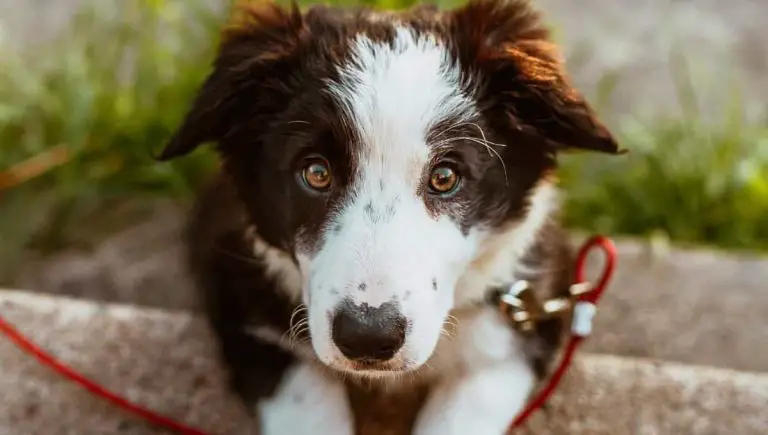Do No Crow Collars Work? (We Take a Look at the Results!)
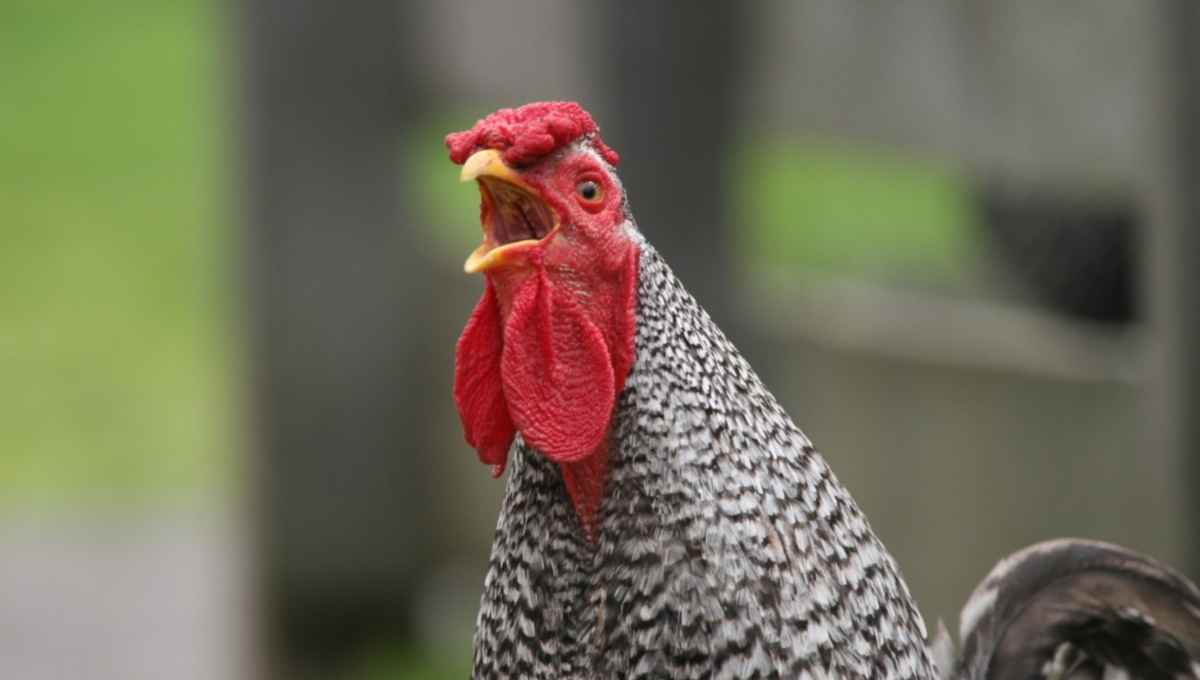
Urban chickens and backyard flocks are becoming more common in several areas around the country. While this is fantastic news for the hens, most regulations in urban areas ban roosters because of the crowing. This situation is where the No Crow Collar comes in. Do No Crow Collars work though?
No Crow Collars work to effectively minimize the crowing noise that your rooster makes if they are fitted correctly. They are not like dog shock collars, as they do not shock the rooster during activation. Instead, these collars are a safe and humane way to keep your rooster happy and quiet.
There can be several reasons why you suddenly have a rooster and need to minimize the crowing. Many unintentional roosters who mature in urban settings will need rehoming, or they end up on the butcher block when they start singing the song of their flock.
You can avoid both of these consequences if you choose a suitable No Crow Collar and use it effectively.
This post contains affiliate links from Amazon and other stores. This means Yard Blogger may earn a commission if you make a purchase using any of our links. Please refer to our full affiliate disclosure policy for full details.
Here’s a Quick Pro Tip!
It’s important to make sure that get the right fit for your rooster when buying a No Crow Collar.
We personally recommend the No-Crow Rooster Collar from My Pet Chicken.
They have multiple sizes to choose from and are an instant hit with rooster owners!
What Is a No Crow Collar?
No Crow Collars are simply Velcro collars made with a breathable and flexible material that fits snugly around the neck. They do not emit a shock, sound, scent, or another medium to keep your rooster from making noise. This design impedes their crowing naturally and humanely.
If you have raised a chick that has matured into a rooster or obtained a chicken that you initially thought was a hen, you may have a noise problem later. Is there a way to stop a rooster from crowing?
Before you start phoning local farms for alternatives, keep your male happy in the coop without waking everyone up at sunrise or crowing all day long with a proper No Crow Collar.
Roosters fill their lungs and air sacks with air before releasing a significant, forceful crowing noise. A No Crow Collar minimizes the amount of air a rooster can release at once, therefore reducing the loudness of their crow substantially.
You might also enjoy our post on What to Do if Your Neighbors Rooster Won’t Shut Up
Are No Crow Collars Cruel?
No Crow Collars are not cruel at all. These collars simply minimize the forcefulness of air that your rooster can push out of its lungs at once. The less force, the quieter the sound.
Your rooster pal will still be able to breathe normally and eat and drink as usual. He can still enjoy life activities, including preening, mating, and dust bathing, as he did before.
The No-Crow Collar from My Pet Chicken

For a humane way to keep your rooster from crowing, the No-Crow Collar from My Pet Chicken is an ideal solution. You do not have to worry about irritating their neck or restricting their breathing, eating, or drinking during use.
This product is adjustable and comes in several sizes to suit any breed of foul. This popular brand is tested and proven to be an effective way to keep your rooster without his crowing disturbing you or your neighbors.
You might also enjoy our post on What Not to Feed Chickens in Your Backyard
How Do You Use a No Crow Collar?
The secret to using a No Crow Collar effectively is the fit. But, if you have never had to purchase one of these life-changing devices, you may have some questions.
Where Do You Put a No Crow Collar?
You should measure your rooster’s neck for a precise fit. Try to get as close to the skin as possible under the feathers. It should sit on the lower portion of the neck. Then, use the sizing guide to choose a fit for your beloved boy.
How Tight Should a No Crow Collar be?
It can be beneficial to have your rooster get used to the collar before you tighten it. Some roosters will fight the fitting, while others will be fine with the attachment. Once they get accustomed to the collar, you can slowly tighten it against their neck so it can actively silence the crowing.
You may have concerns about No Crow Collar death if you use a device around your rooster’s neck. It is natural to have worries when you have pets, but these collars are entirely safe to use on your rooster.
You will want to ensure that it fits correctly, so there is no chance of any harm while wearing the device.
Are There No Crow Collar Alternatives?
If you are still not convinced that a No Crow Collar will work, there are some other alternatives you can try to minimize the noise your rooster makes.
Instead, keep your rooster locked up in the evening, and do not let him out until later in the day.
This method will keep his noise level inside the coop during the morning to not disturb you or your neighbors.
Can You Use a No Crow Collar For Hens?
You can absolutely use a no crow collar for hens. If you have a noisy hen that is disruptive to you or your neighbors, this Velcro collar also helps restrict the noise they make.
The cost of these devices can vary, but you want to ensure you choose a brand that will work rather than the cheapest option. Typically, you can find No Crow Collars ranging in price from around $12 up to over $20, depending on the size and thickness.
You might also enjoy our post on Where to Buy Serama Chickens Online
The Takeaway
If you suddenly face a talkative rooster in your coop instead of a hen and want to keep him under wraps, using a No Crow Collar can be the perfect solution. These humane devices safely minimize the force of air through the rooster’s neck, preventing them from creating a loud crow.
This small Velcro collar can make the life-changing difference between keeping your rooster safe in your coop or rehoming him to another farm or the freezer.
Do not let a little crowing stand in the way of you enjoying an urban flock. For only a few dollars, you can make your neighbors happy while maintaining your boy as a pet or for breeding purposes.

